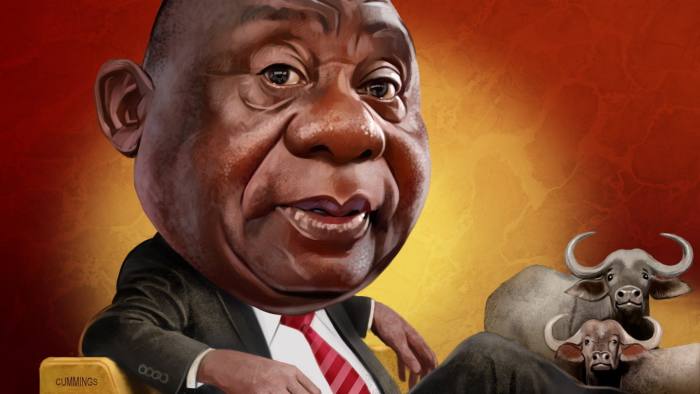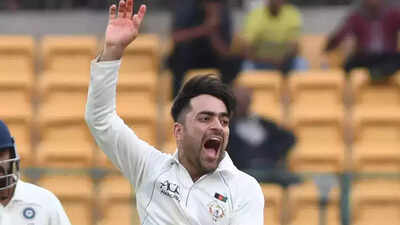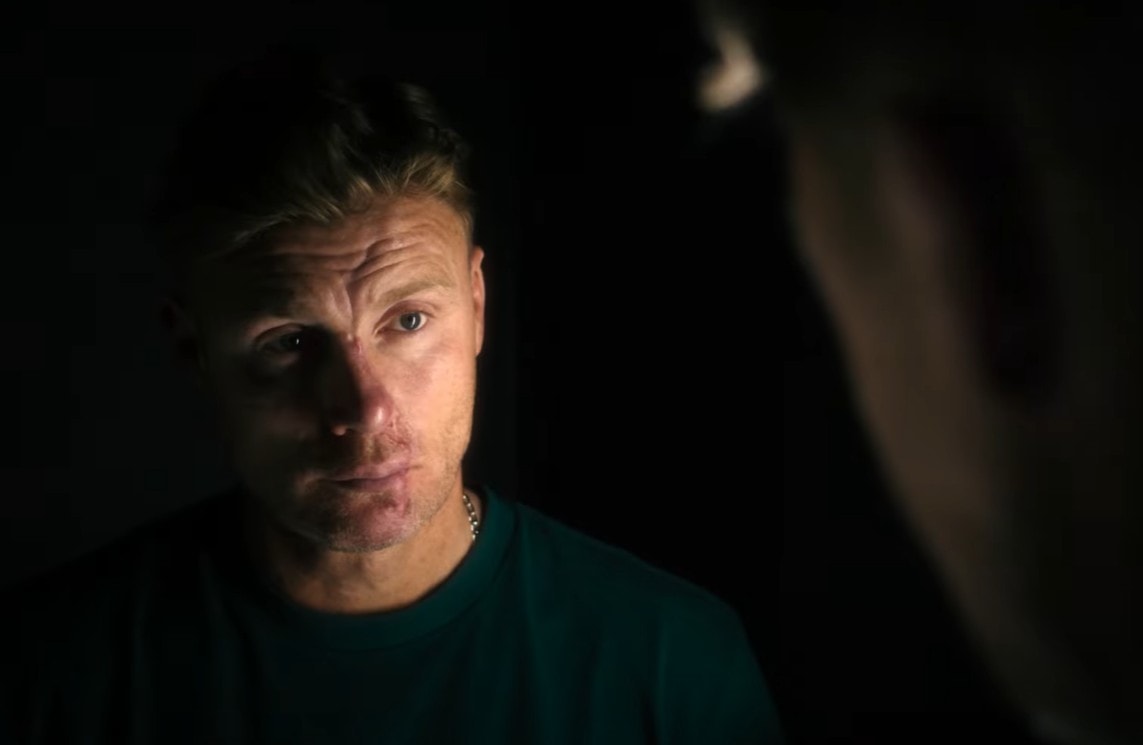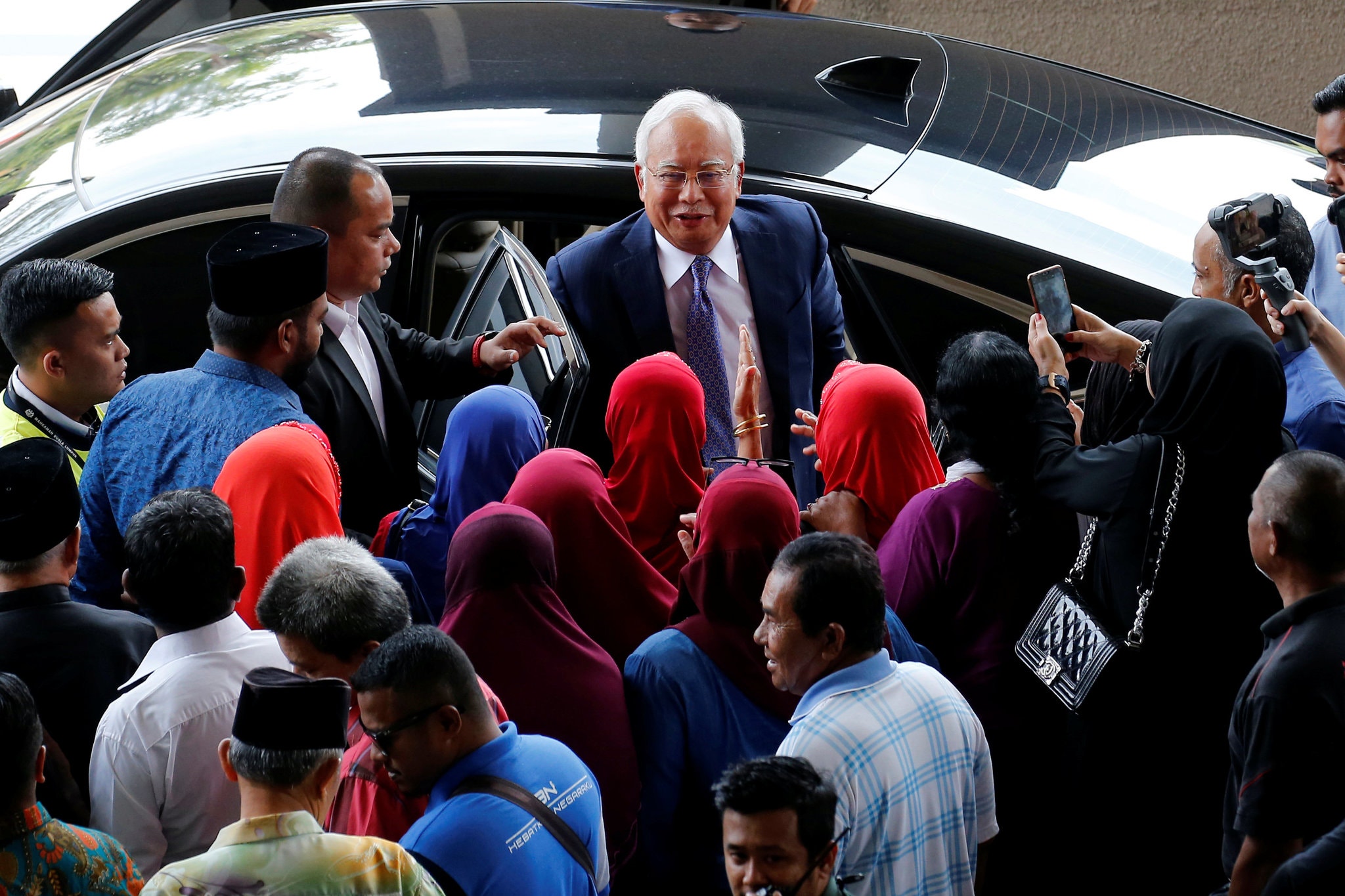South Africa's President: Could Cyril Ramaphosa Have Handled The White House Situation Differently?

Table of Contents
The Nature of the White House Incident
Detailed Account of Events
(Note: This section requires inserting a factual and concise summary of a specific, real incident involving President Ramaphosa at the White House. Replace the bracketed information below with accurate details from reliable news sources. Ensure proper attribution.)
[Insert a detailed, factual account of the incident at the White House involving President Cyril Ramaphosa. This should include the date, time, key individuals involved, and a clear description of the events. Cite reputable news sources throughout this section.]
Immediate International Reactions
The incident at the White House elicited swift reactions from various international actors. [Insert specific examples of reactions from other governments, international organizations like the UN, and prominent political commentators. Include quotes where possible to provide context and support your claims.] The response ranged from expressions of concern to cautious observation, highlighting the international significance of the event and its potential impact on South Africa's foreign policy.
- Key players involved: [List key individuals and organizations involved, including specific roles]
- Timeline of events: [Provide a concise timeline of events leading up to, during, and immediately following the incident.]
- Initial statements from relevant parties: [Summarize the initial official statements from South Africa, the US, and other relevant parties.]
Analyzing Ramaphosa's Response
Strengths of Ramaphosa's Approach
While criticisms have been leveled, it's important to acknowledge potential strengths in President Ramaphosa's response. [Analyze any aspects of his response that were perceived as positive, for example, any attempts at de-escalation, maintaining diplomatic composure, or prioritizing a swift resolution. Provide specific examples to support this assessment]. His focus on [mention specific actions] could be seen as a measured response in a highly sensitive situation.
Weaknesses and Criticisms
However, several aspects of President Ramaphosa's handling of the situation have drawn criticism. [Discuss criticisms leveled against Ramaphosa's response, focusing on perceived missteps in communication or strategy. Provide specific examples and cite credible sources]. His communication style [discuss specific examples and their potential negative impacts], and the perceived lack of [mention any perceived shortcomings], led to [describe the consequences].
- Specific actions taken by Ramaphosa and their consequences: [List specific actions and their immediate and long-term implications.]
- Analysis of Ramaphosa's communication style during the crisis: [Discuss his communication approach and assess its effectiveness.]
- Comparison with how other world leaders have handled similar situations: [Compare Ramaphosa’s response with how other leaders handled comparable diplomatic challenges.]
Alternative Approaches
Proactive Diplomacy
A more proactive diplomatic approach might have mitigated the incident's severity. Preemptive engagement with the US administration to address potential points of friction could have prevented misunderstandings and fostered stronger working relationships. This might involve [suggest specific actions, such as high-level meetings, diplomatic overtures, or preemptive clarification of certain policy positions].
Enhanced Communication Strategies
Improved communication protocols are crucial for handling sensitive issues with foreign governments. This could include [suggest specific improvements, for example, more frequent and transparent communication channels, better translation services, or clearer briefing documents for delegates]. Investing in robust communication strategies is essential for effective diplomacy.
Seeking Mediation
Involving neutral third parties as mediators could have facilitated a quicker and more amicable resolution. [Identify potential mediators and explain how their involvement could have been beneficial. Discuss the potential advantages and disadvantages of this approach.] This approach might be particularly effective when bilateral relations are strained.
- Specific examples of alternative diplomatic strategies: [Provide concrete examples of different diplomatic strategies that could have been employed.]
- Potential outcomes of employing these different strategies: [Speculate on the likely outcomes of each alternative strategy, emphasizing potential positive outcomes.]
- Advantages and disadvantages of each alternative approach: [Analyze the pros and cons of each alternative strategy, offering a balanced perspective.]
Long-Term Implications for South Africa-US Relations
Potential Impacts on Trade and Investment
The incident's fallout could significantly impact trade and investment between South Africa and the US. [Analyze potential short-term consequences such as disruptions to trade agreements or investor confidence. Discuss potential long-term effects on economic cooperation and growth.] The incident might affect the flow of [mention specific sectors or industries affected].
Effects on Political Cooperation
The incident might also strain political cooperation between the two nations. [Discuss the potential impact on various areas of cooperation, such as security, climate change, and global health initiatives. Analyze how this could affect future collaboration in these areas.] Rebuilding trust and restoring cooperation requires [mention specific steps].
- Specific areas of potential disruption in the South Africa-US relationship: [List specific areas of potential disruption to the bilateral relationship.]
- Strategies for rebuilding trust and strengthening relations: [Suggest strategies for rebuilding trust and strengthening the relationship.]
- Long-term implications for South Africa’s international standing: [Discuss the broader implications of the incident for South Africa's international reputation and standing.]
Conclusion
The incident at the White House highlights the complexities of international relations and the need for careful diplomatic navigation. President Ramaphosa's response, while having some strengths, also faced significant criticisms. Alternative approaches, including proactive diplomacy, enhanced communication strategies, and mediation, could have yielded different outcomes. The long-term implications for South Africa-US relations remain to be seen, but the incident underscores the importance of robust diplomatic practices. How can future diplomatic interactions involving President Cyril Ramaphosa and the White House be improved? What lessons can be learned from President Ramaphosa’s handling of this White House situation? The future of South Africa-US relations depends on a more nuanced approach; let's discuss how President Ramaphosa can lead this change.

Featured Posts
-
 Englands Playing Xi Revealed One Off Test Against Zimbabwe
May 23, 2025
Englands Playing Xi Revealed One Off Test Against Zimbabwe
May 23, 2025 -
 Freddie Flintoff Opens Up The Disney Documentary On His Near Fatal Crash
May 23, 2025
Freddie Flintoff Opens Up The Disney Documentary On His Near Fatal Crash
May 23, 2025 -
 Ten Hags Man United Woes Tagliafico Points The Finger At Players
May 23, 2025
Ten Hags Man United Woes Tagliafico Points The Finger At Players
May 23, 2025 -
 Wolves In The North State A Growing Problem
May 23, 2025
Wolves In The North State A Growing Problem
May 23, 2025 -
 Malaysias Najib Razak Implicated In French Submarine Bribery Case
May 23, 2025
Malaysias Najib Razak Implicated In French Submarine Bribery Case
May 23, 2025
